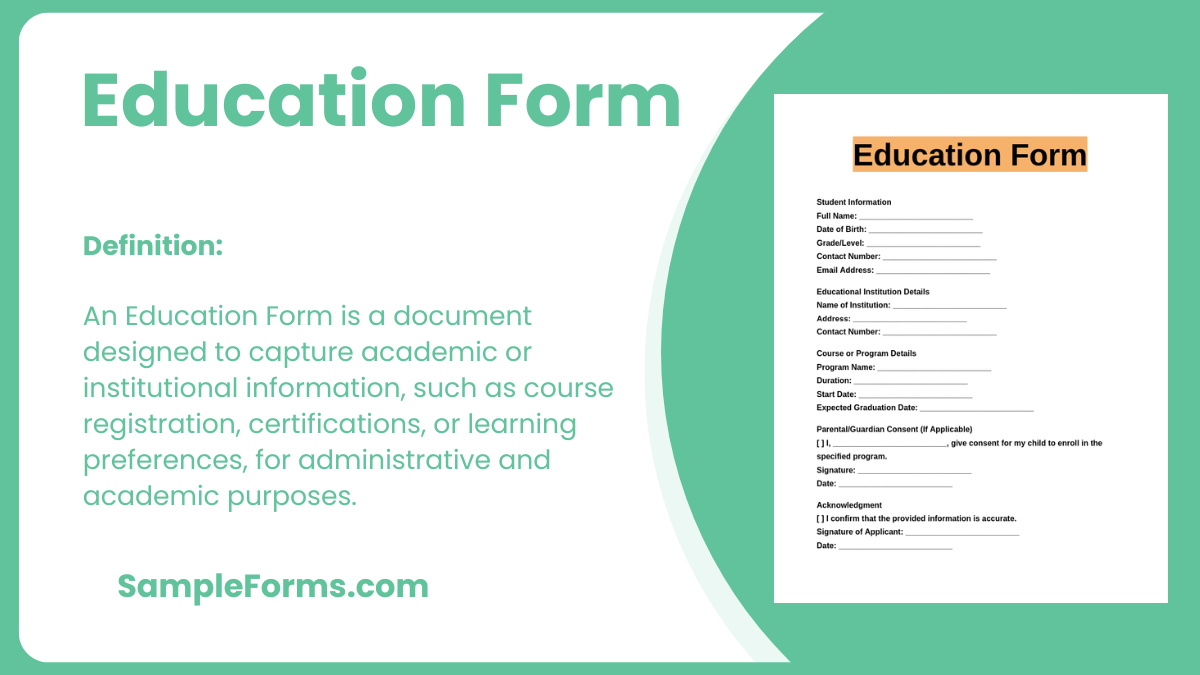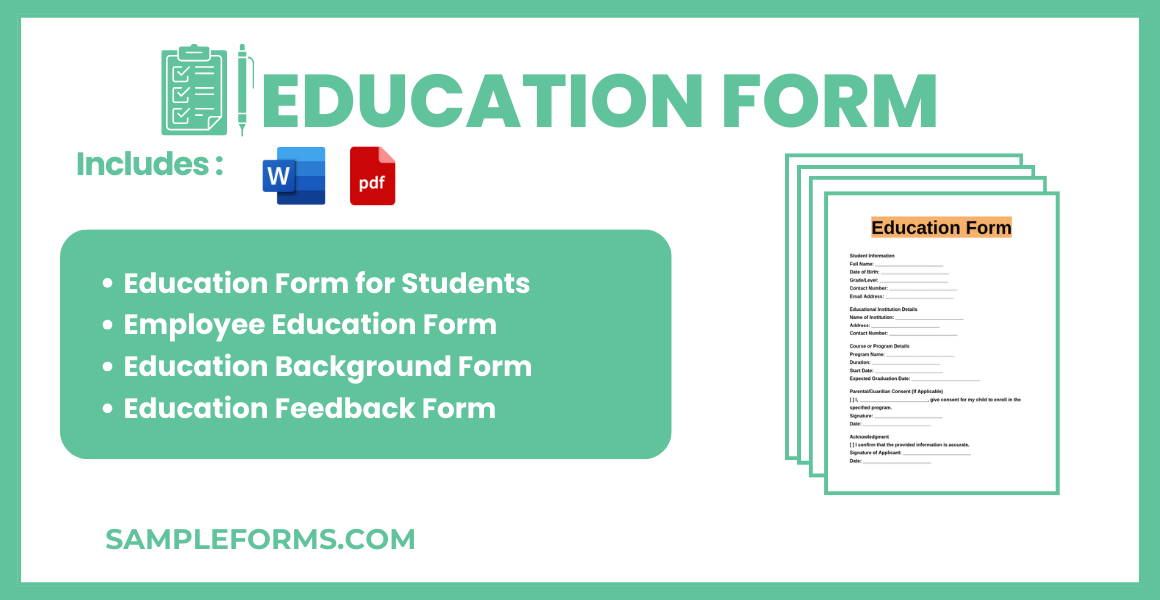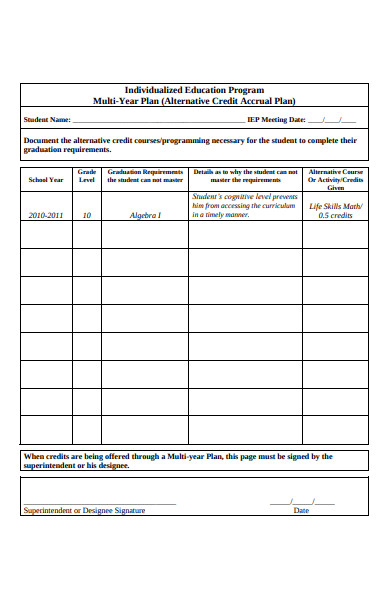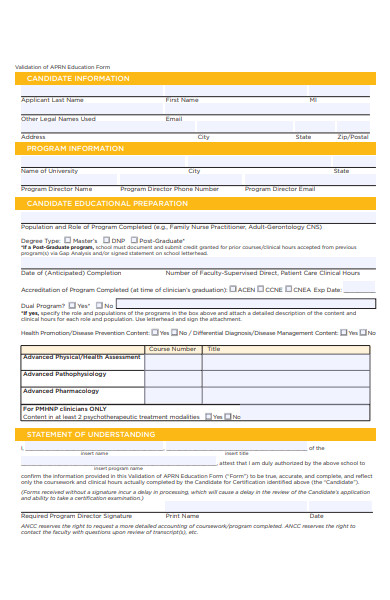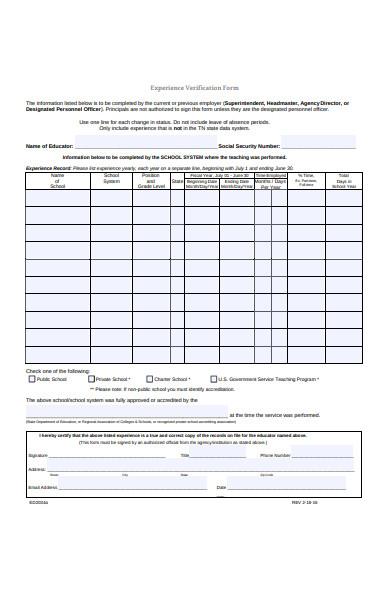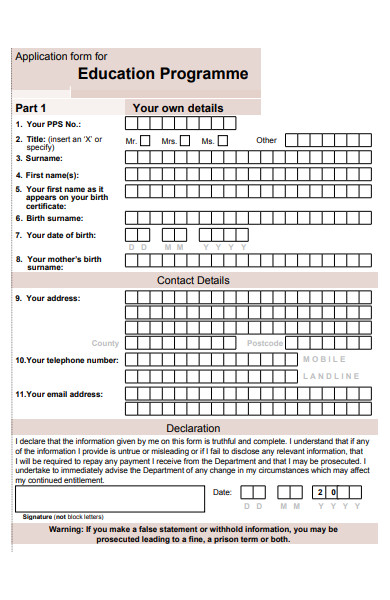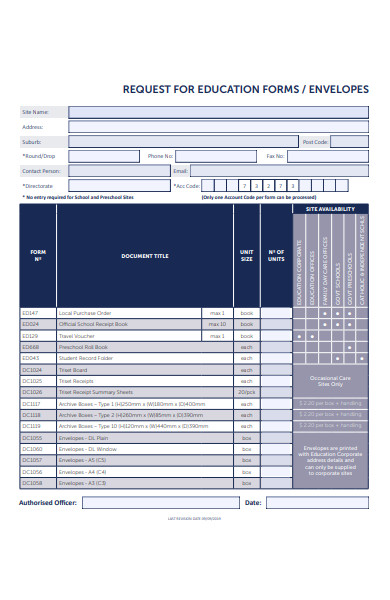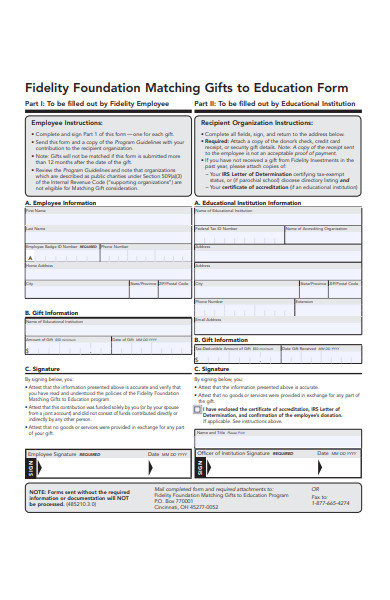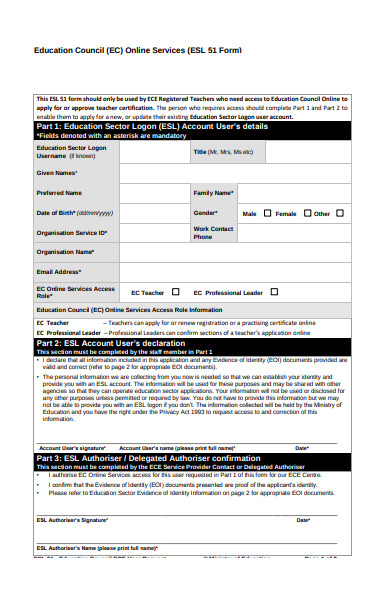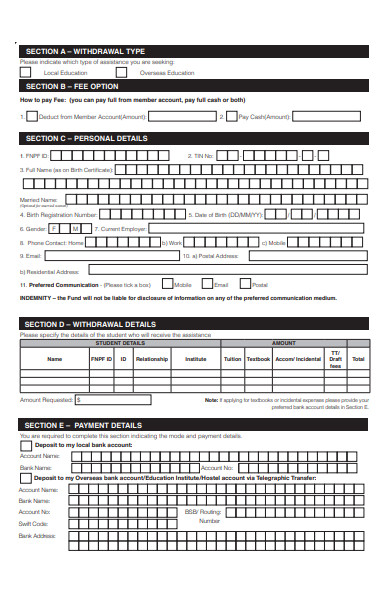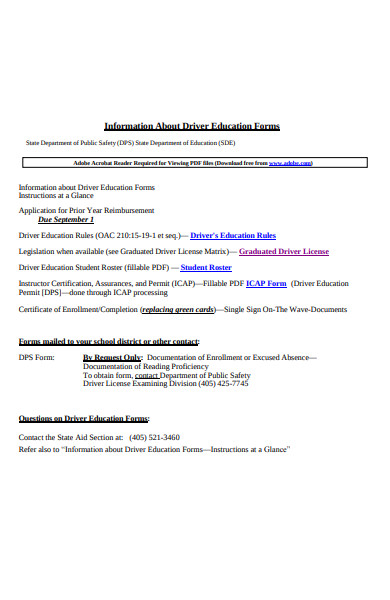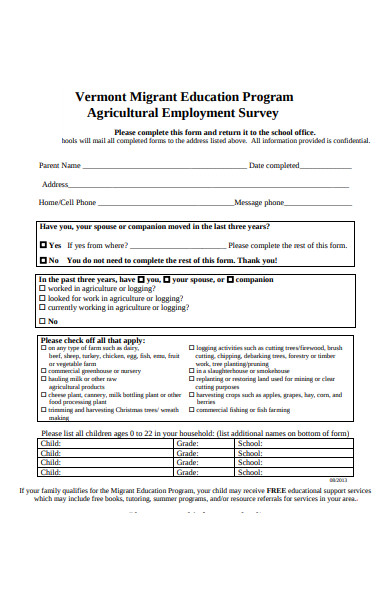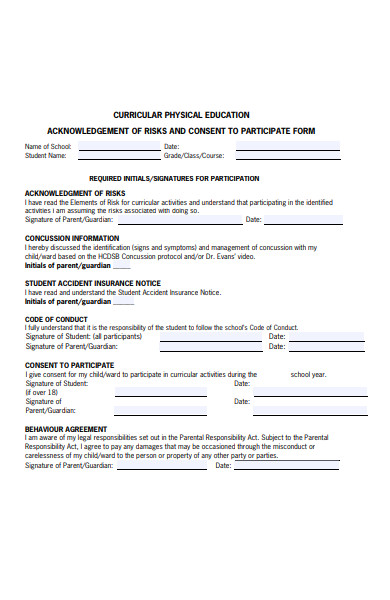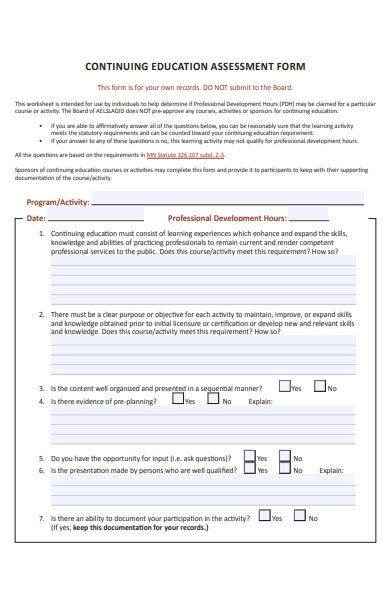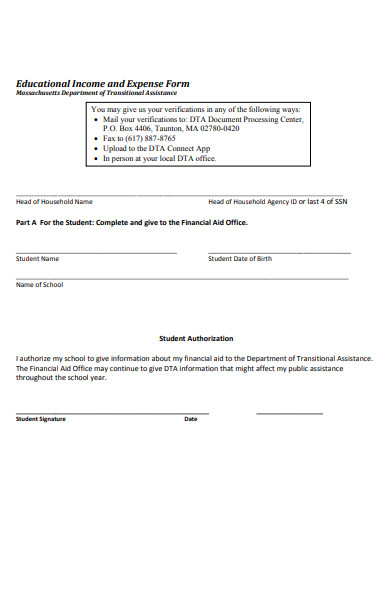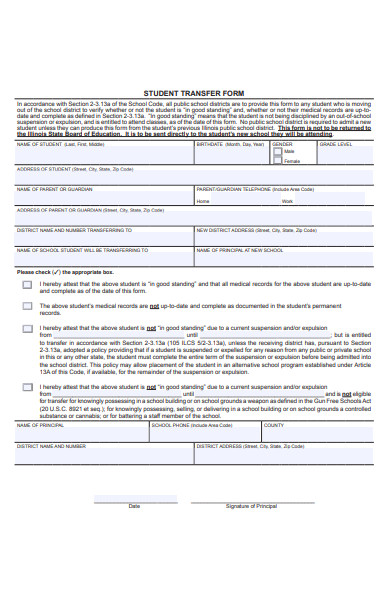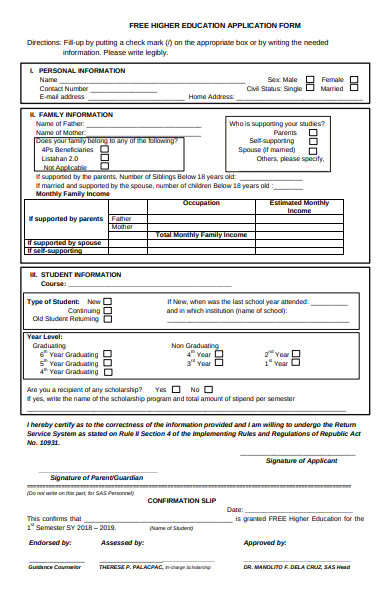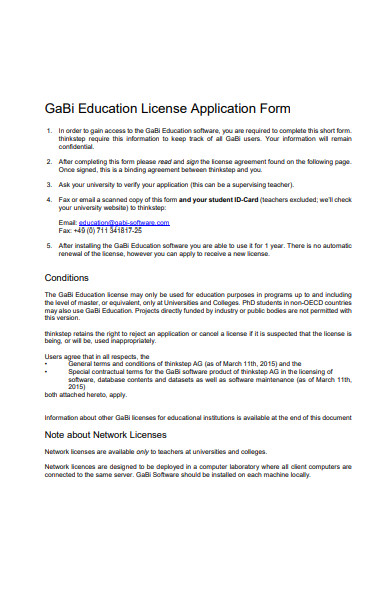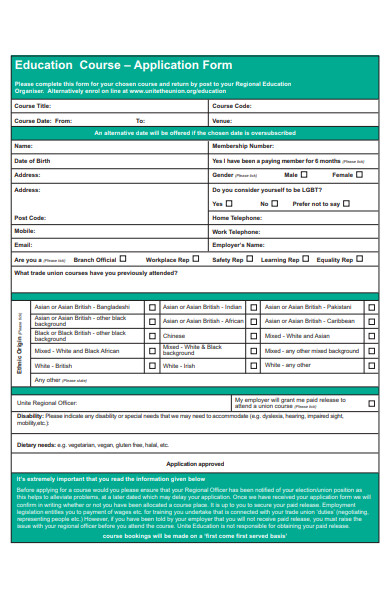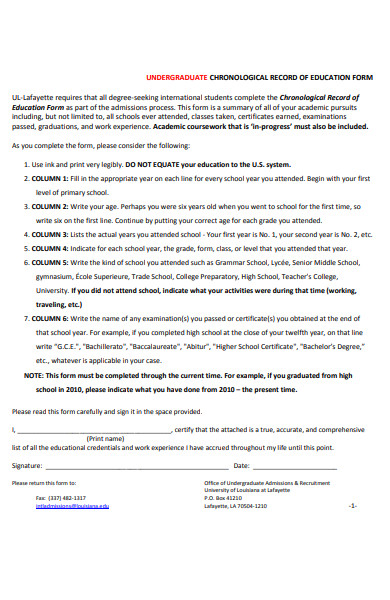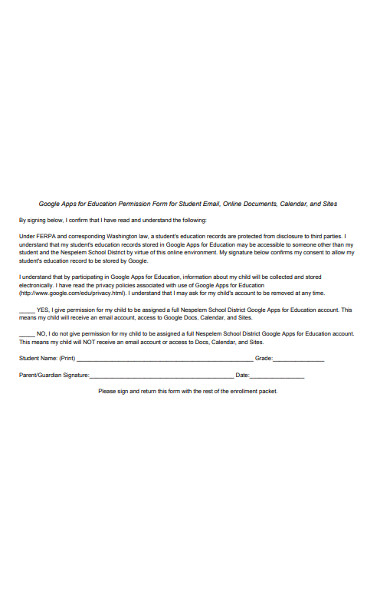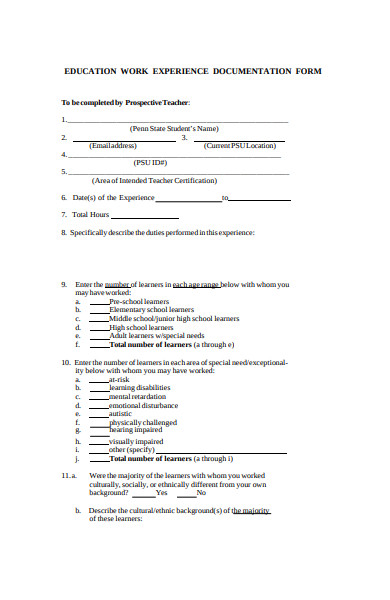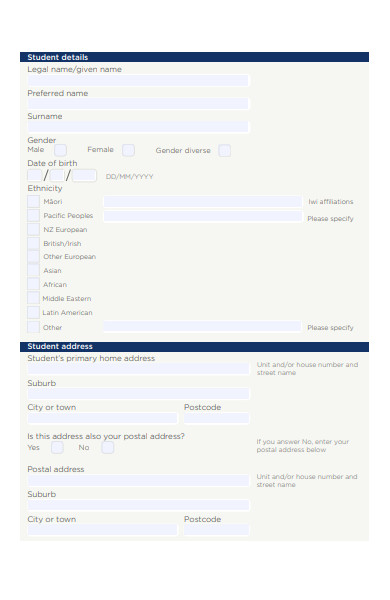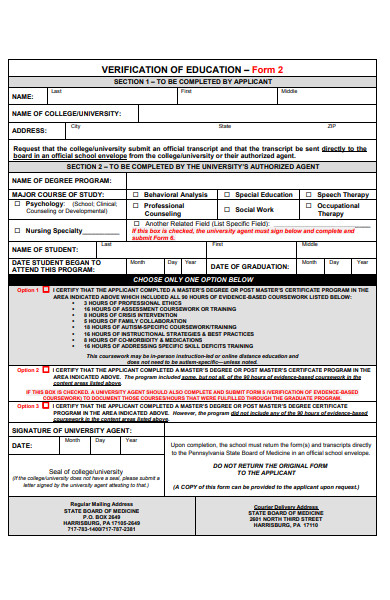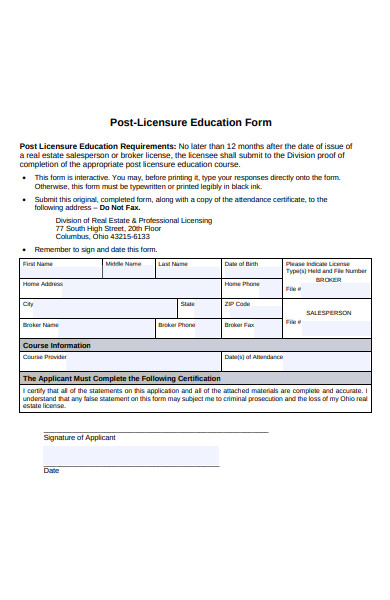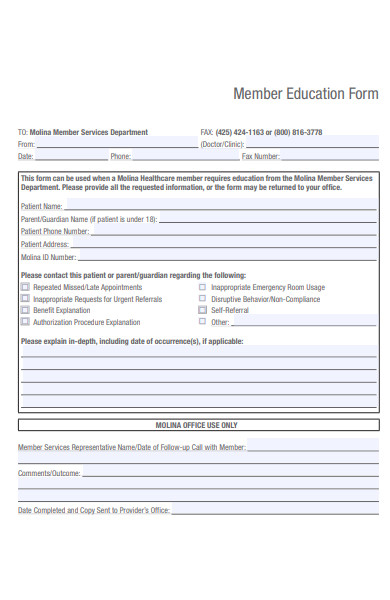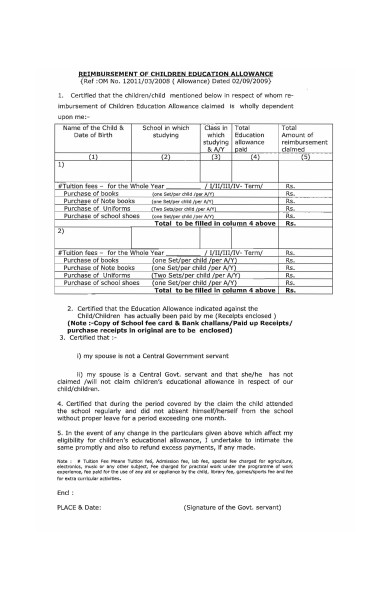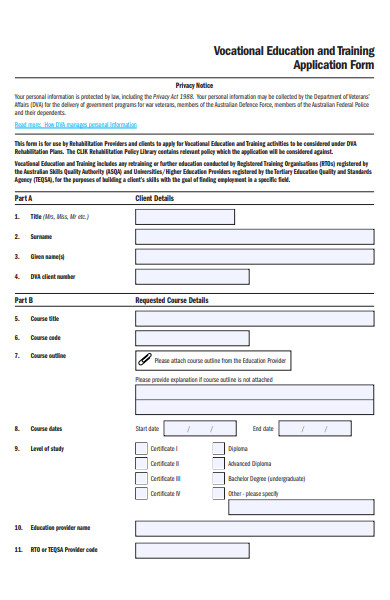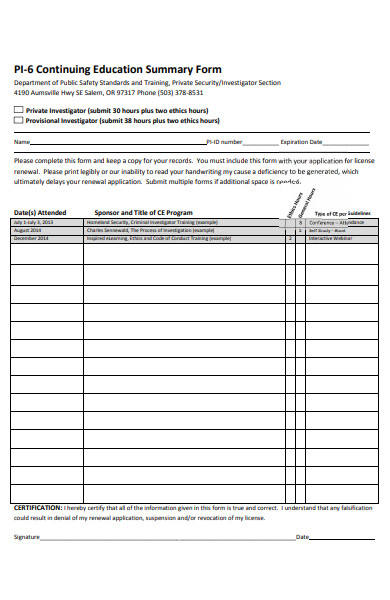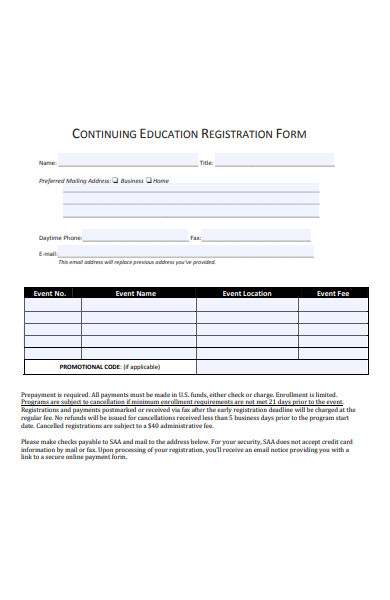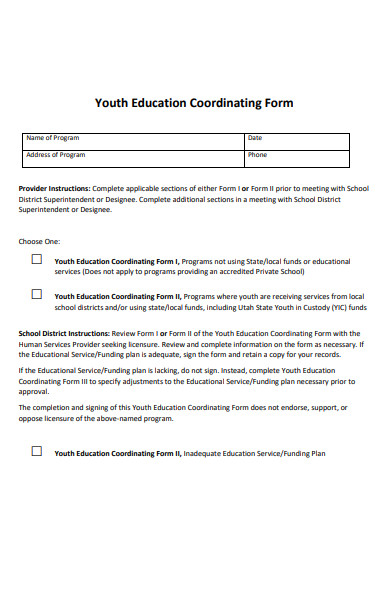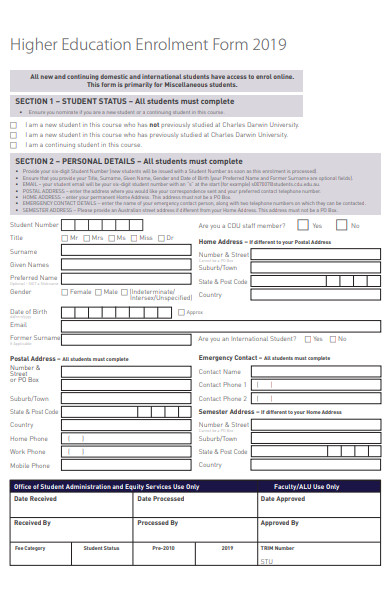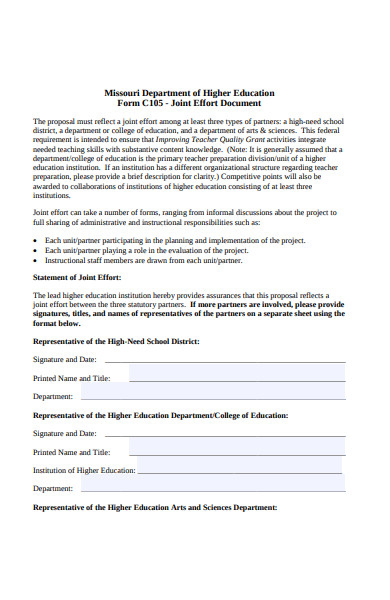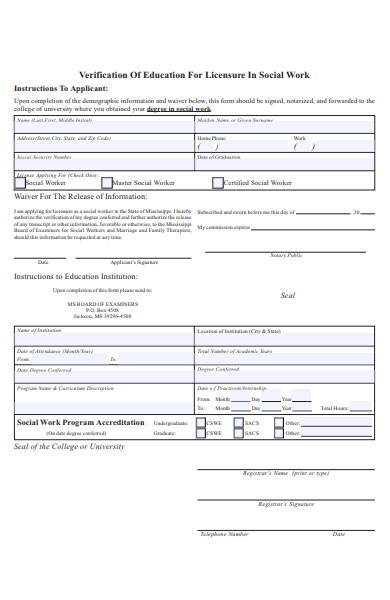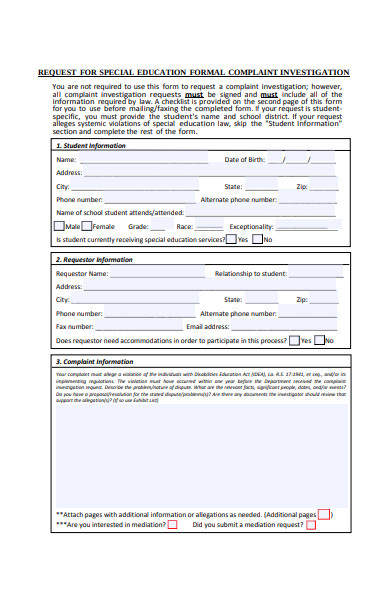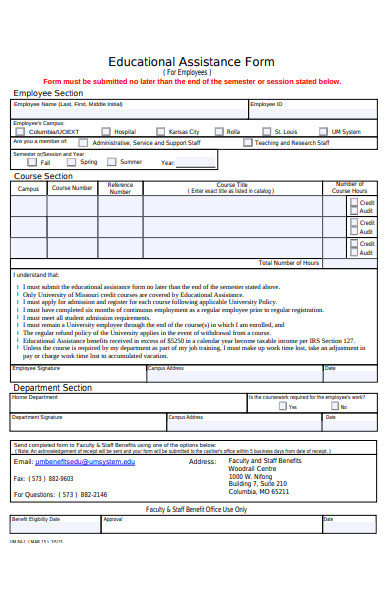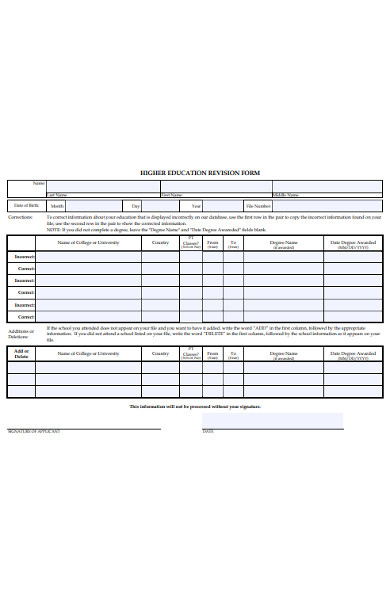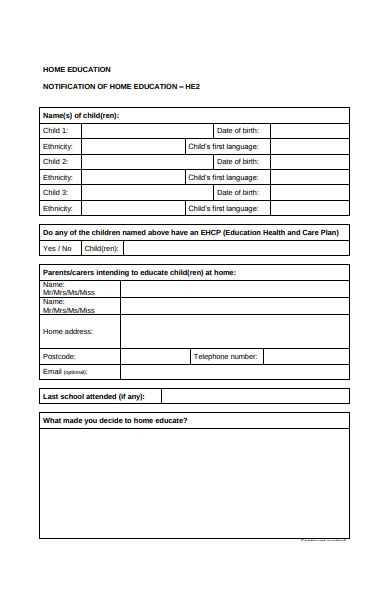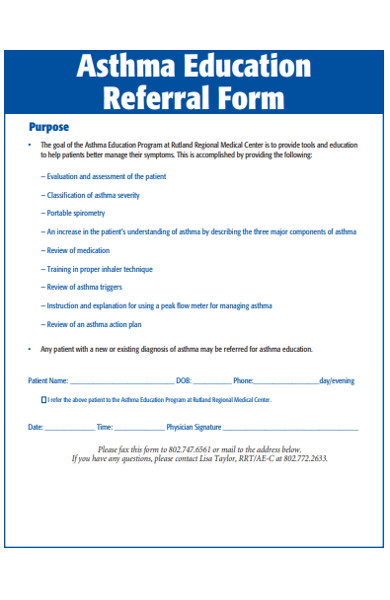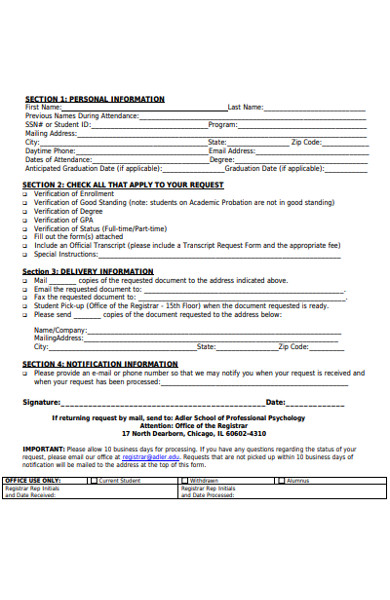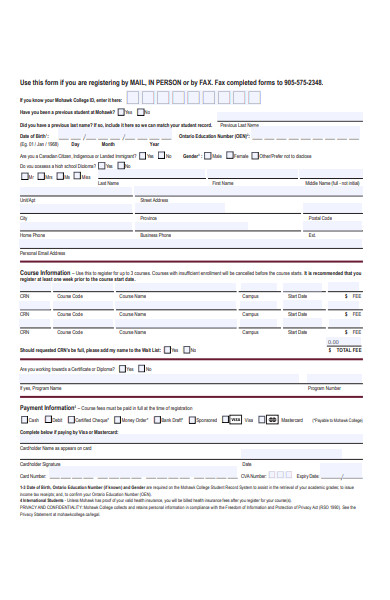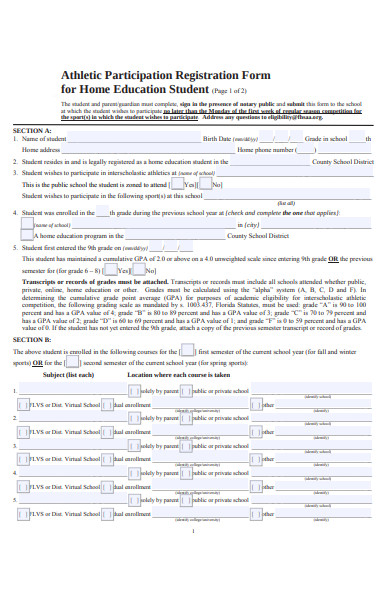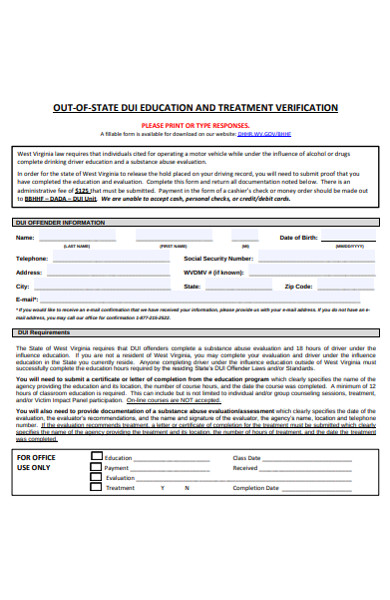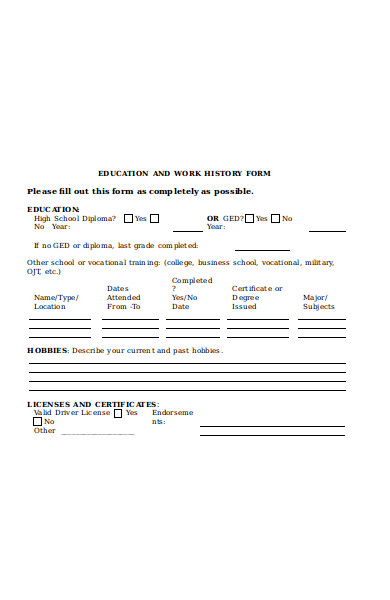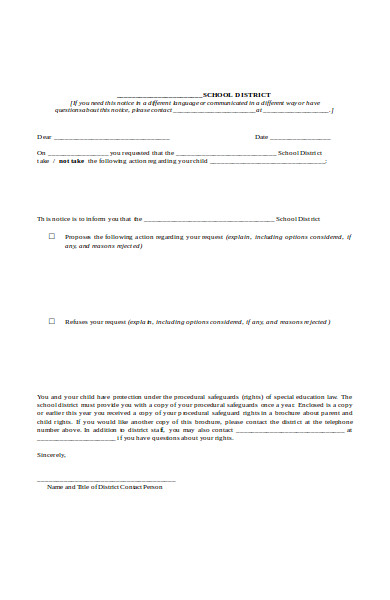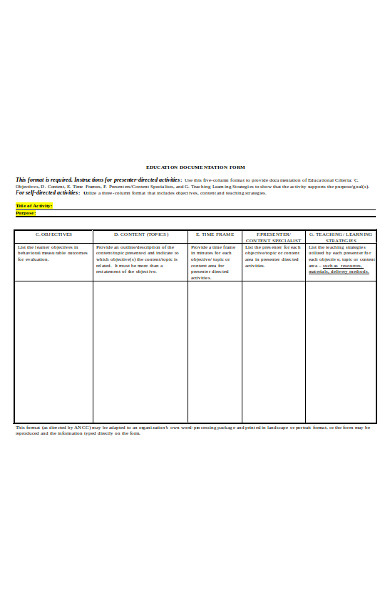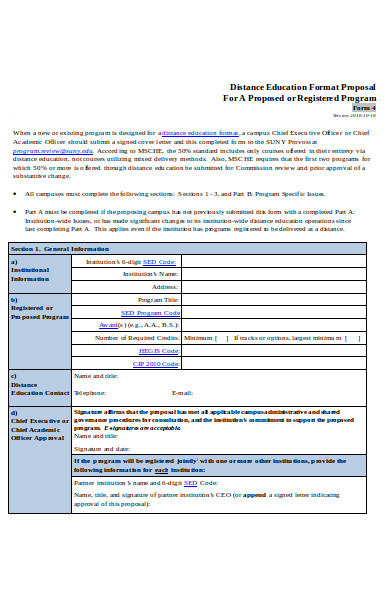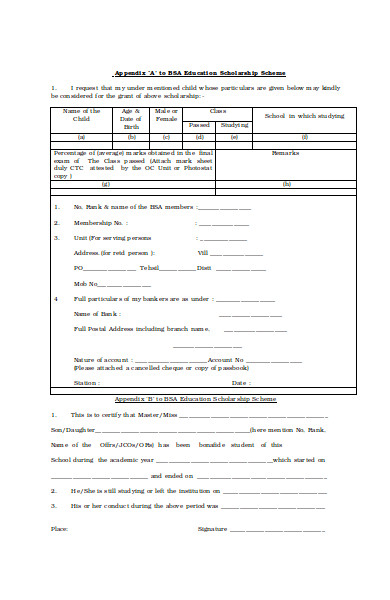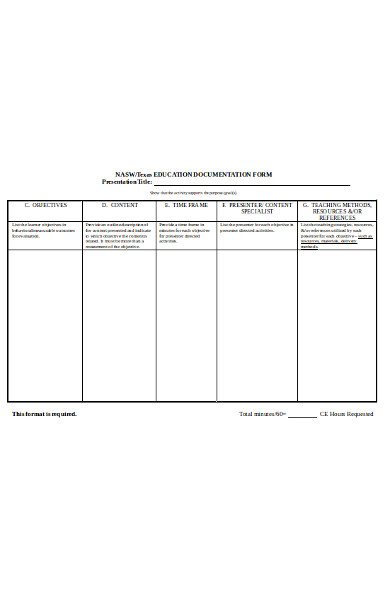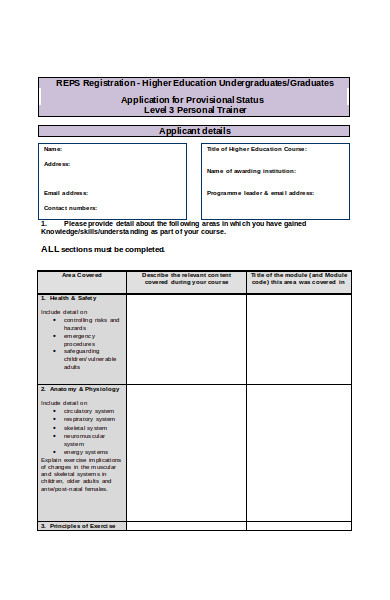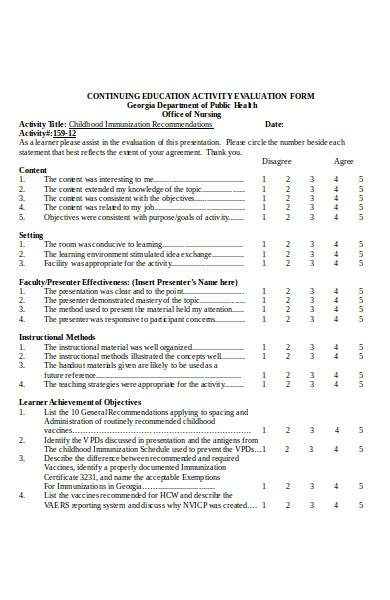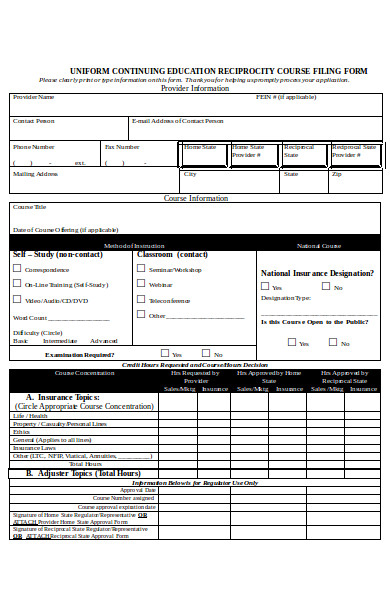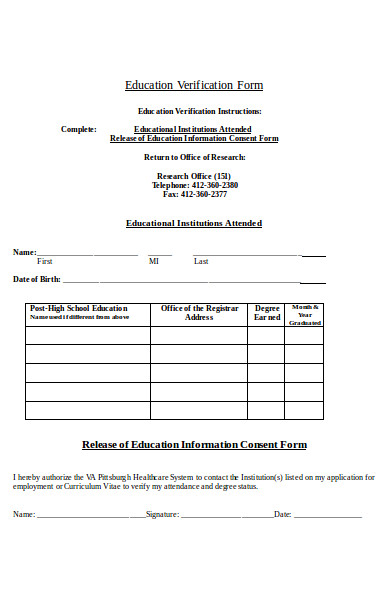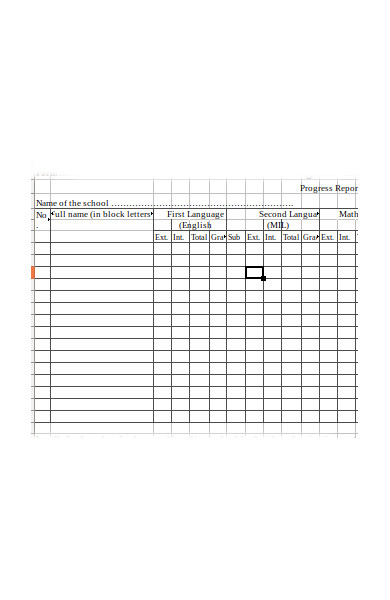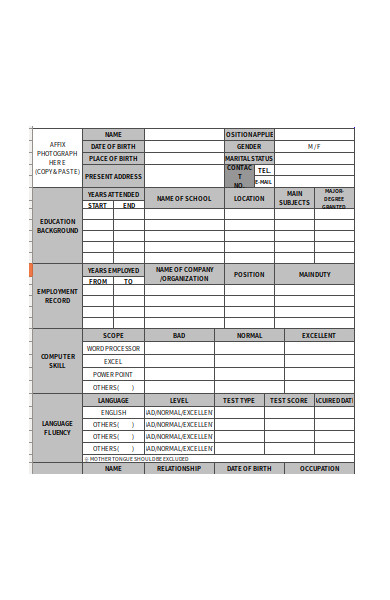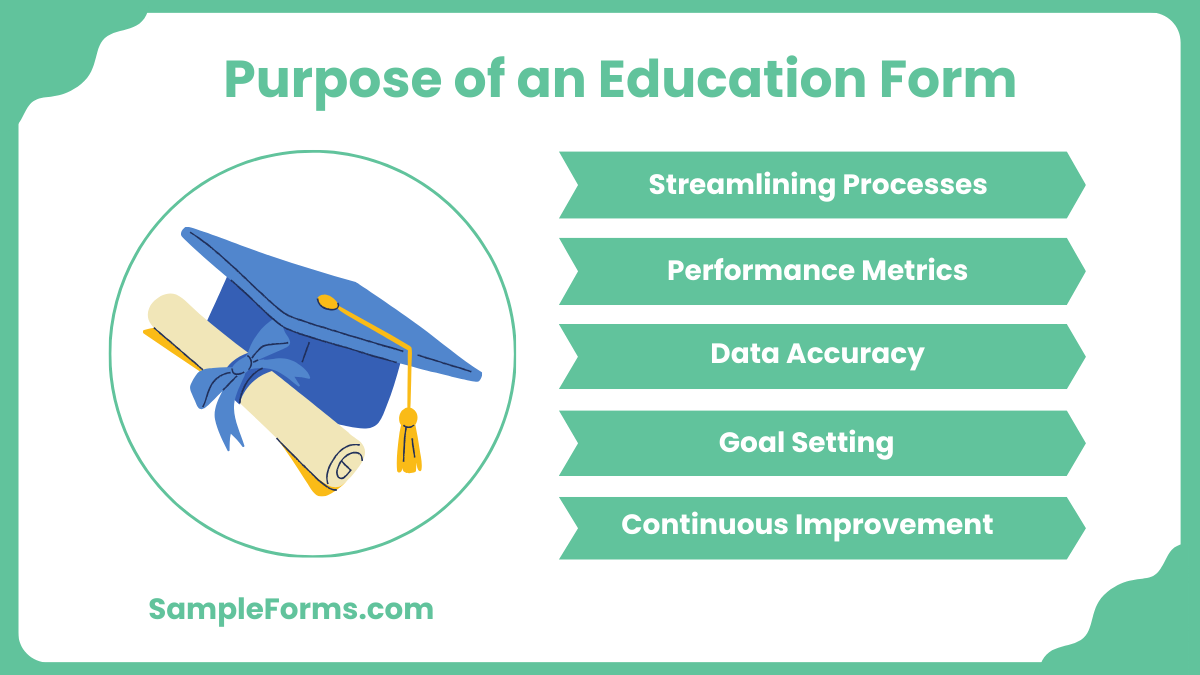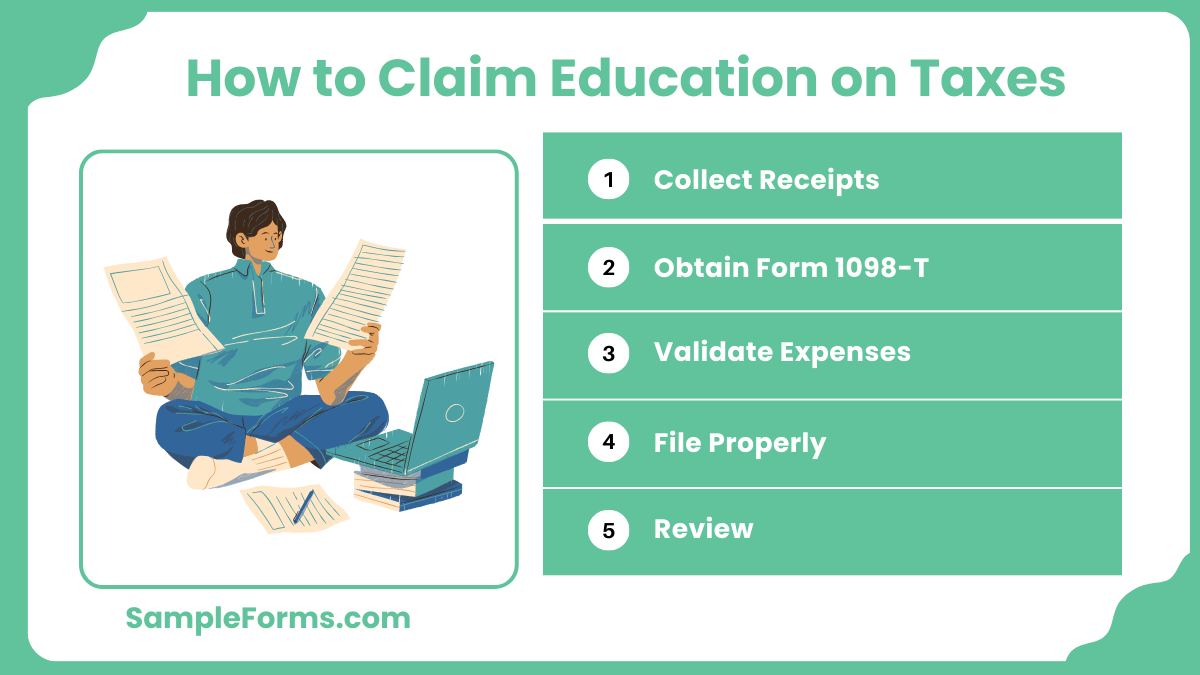An Education Form streamlines academic data collection for various purposes, such as enrollment, assessments, and compliance. Incorporating a Field Education Form ensures efficient record-keeping. This guide covers templates, examples, and actionable tips to create versatile and effective forms. Whether you manage a school, university, or online platform, education forms simplify processes, reduce errors, and improve communication. From gathering student feedback to verifying credentials, education forms enhance institutional workflows. Customize these tools to fit your requirements and maintain compliance with academic standards. Elevate your educational operations with optimized forms tailored to your needs.
Download Education Form Bundle
What is an Education Form?
An Education Form is a structured document designed for academic purposes, including registration, feedback, and performance tracking. It facilitates streamlined data collection, ensuring accuracy and compliance while saving time. Educational institutions, online platforms, and organizations use these forms to simplify operations and improve record-keeping. Educational forms come in various formats, ranging from paper-based templates to advanced digital tools. They support diverse processes, ensuring seamless communication and efficiency across administrative tasks.
Education Form Format
Applicant Information
Full Name: __________________________
Date of Birth: __________________________
Contact Details: __________________________
Educational Details
Program Name: __________________________
Grade/Level: __________________________
Preferred Learning Mode (Online/In-Person): __________________________
Guardian Information (if applicable)
Name: __________________________
Relationship: __________________________
Contact Number: __________________________
Consent
Signature of Applicant/Guardian: __________________________
Date: __________________________
Education Form for Students
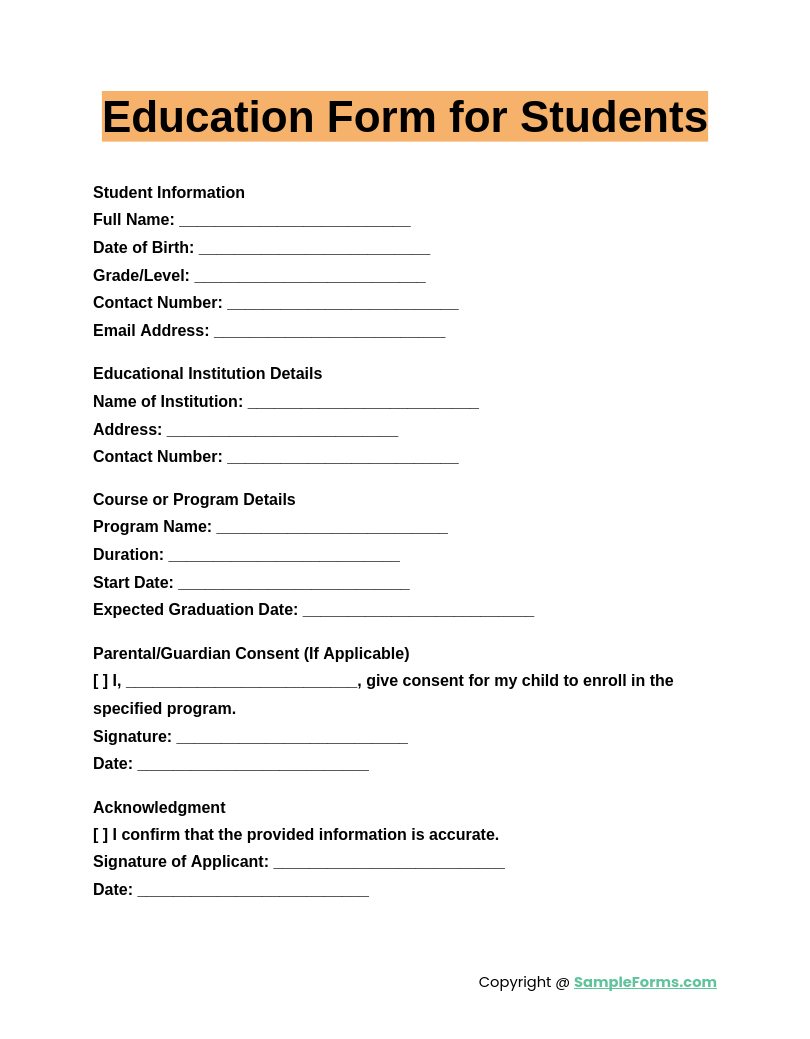
An Education Form for Students helps schools manage enrollment, progress tracking, and compliance efficiently. Similar to an Education Assessment Form, it ensures accurate student data collection, enhancing educational workflows.
Employee Education Form
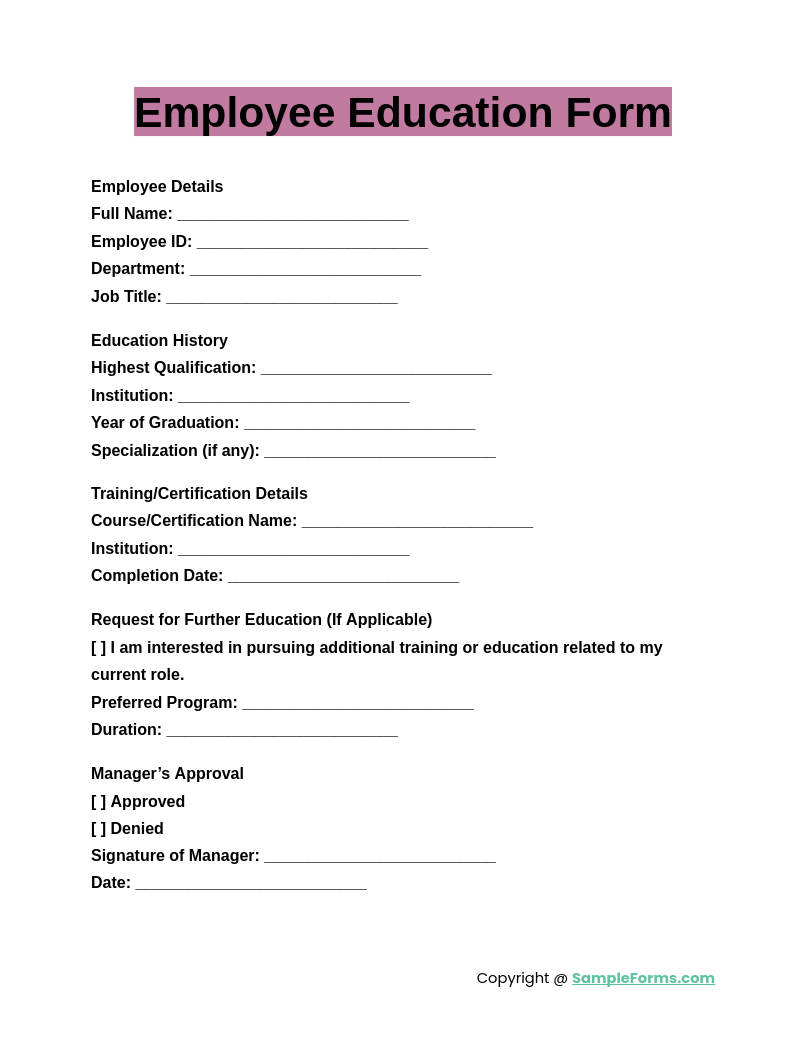
An Employee Education Form documents professional development and learning achievements of staff. Like a Teacher Feedback Form, it evaluates educational goals and aligns them with organizational objectives to ensure growth and compliance.
Education Background Form
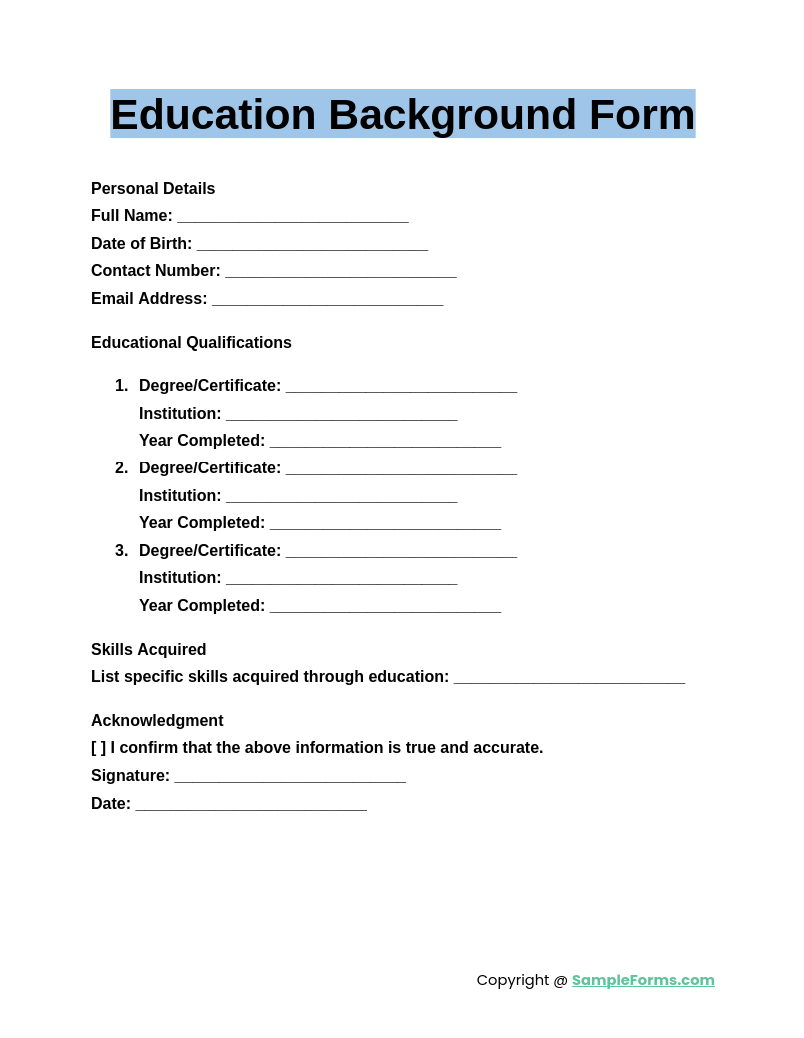
An Education Background Form provides a detailed record of academic history, supporting applications or performance evaluations. Similar to a Teacher Appraisal Form, it ensures a clear understanding of qualifications and achievements for decision-making.
Education Feedback Form
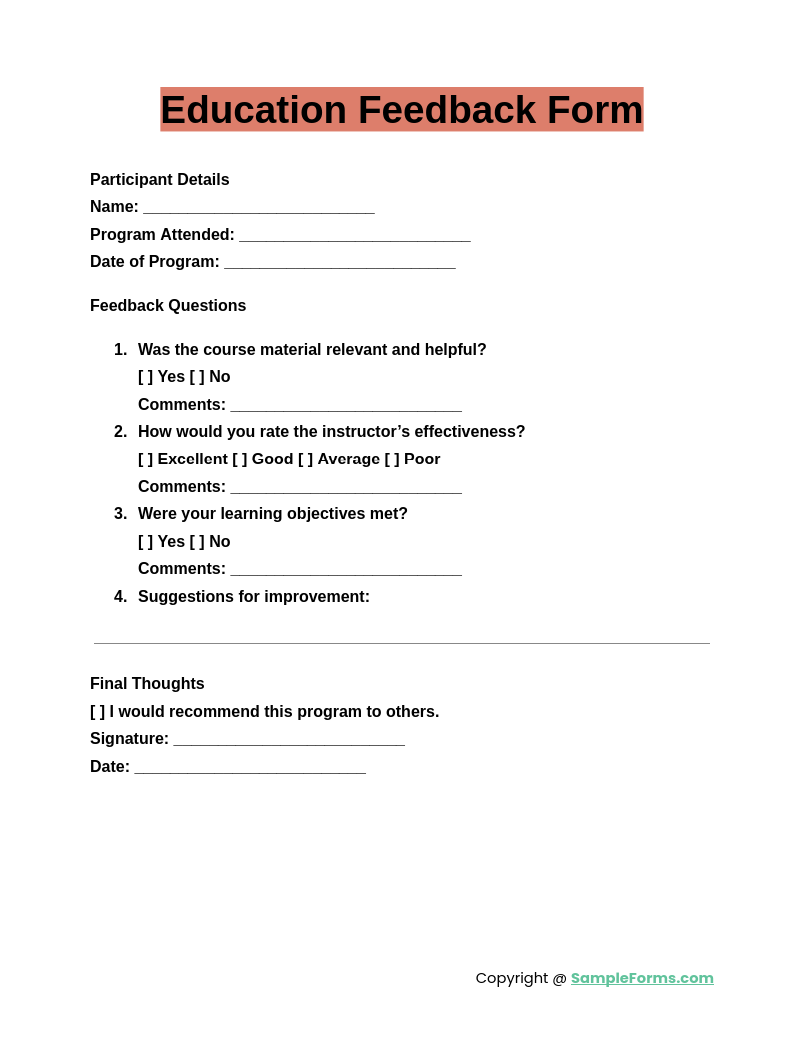
An Education Feedback Form gathers insights from students and staff to enhance teaching methodologies and learning environments. Like a Teaching Feedback Form, it fosters continuous improvement through structured feedback mechanisms.
Browse More Education Forms
1. Individualized Education Program Form
2. Validation of Education Form
3. Education Experience Verification Form
4. Education Program Form
5. Request for Education Form
6. Gifts to Education Form
7. Education online Services Form
8. General Education Form
9. Driver Education Form
10. Agriculture Education Form
11. Physical Education Form
12. Education Assessment Form
13. Education Income Form
14. Student Education Transfer Form
15. Higher Education Application Form
16. Education License Application Form
17. Education Course Application Form
18. Record of Education Form
19. Education Permission Form
20. Education Work Experience Form
21. Home Education Form
22. Verification of Education Form
23. Post Licensure Education Form
24. Member Education Form
25. Children Education Allowance Form
26. Vocational Education Form
27. Continuing Education Summary Form
28. Education Registration Form
29. Youth Education Coordinating Form
30. Higher Education Enrolment Form
31. Department of Higher Education Form
32. Verification of Social Work Education Form
33. Request for Special Education Form
34. Educational Assistance Form
35. Higher Education Revision Form
36. Sample Home Education Form
37. Asthma Education Referral Form
38. Education Enrolment Form
39. Sample Education Registration Form
40. Registration Form for Home Education Student
41. Education Verification Form
42. Education History Form
43. Special Education Form
44. Education Documentation Form
45. Distance Education Proposal Form
46. Education Scholarship Scheme Form
47. Sample Education Documentation Form
48. Sample Higher Education Application Form
49. Education Activity Evaluation Form
50. Education Course Filing Form
51. General Education Verification Form
52. Education Report Form
53. Education Application Form
What is the purpose of an education form?
Education forms are tools that ensure organized academic operations. Key purposes include:
- Streamlining Processes: Simplify enrollment and management tasks.
- Performance Metrics: Evaluate educators using the Assessment Form for Teacher effectively.
- Data Accuracy: Maintain precise records for all academic activities.
- Goal Setting: Use forms to align objectives institutionally.
- Continuous Improvement: Analyze feedback for ongoing development.
What form is used for educational institutions?
Educational institutions rely on enrollment, evaluation, and assessment forms to maintain academic records. Each serves unique purposes effectively:
- Enrollment Application: Use forms to register students seamlessly.
- Performance Review: Implement the Teacher Assessment Form to measure teacher performance effectively.
- Student Progress Tracking: Maintain academic records through standardized forms.
- Skill Evaluation: Employ forms for skill-based assessments.
- Feedback Integration: Incorporate opinions into educational strategies.
How do I get my education tax form?
Obtaining an education tax form ensures accurate tax filings. Key steps include:
- Contact Institution: Request the tax form from your institution’s finance department.
- Online Portals: Download forms directly via secure platforms.
- Validate Records: Use the Teacher Report Form to organize and confirm expenses.
- Submission: File with relevant authorities for prompt processing.
- Retain Copies: Keep duplicates for future audits.
What are included in education forms?
Understanding three key education forms ensures streamlined academic processes. They include enrollment forms, assessment forms, and feedback forms. Key steps include:
- Enrollment Process: Utilize forms like School Proposal Form to gather valuable insights from students and enhance classroom engagement effectively.
- Student Assessment: Employ structured tools to evaluate academic performance.
- Teacher Evaluation: Use forms to measure and improve educator effectiveness.
- Feedback Collection: Streamline opinions for educational advancements.
- Documentation: Maintain accurate records for institutional needs.
How do I claim education on my taxes?
Claiming education on taxes requires organized documentation and adherence to regulations. Steps include:
- Collect Receipts: Gather tuition and related receipts.
- Obtain Form 1098-T: Request this from your institution.
- Validate Expenses: Use tools like the Teachers Evaluation Form to substantiate claims.
- File Properly: Submit tax claims with supporting documentation.
- Review: Cross-check details before submission to avoid errors.
Do I have to file my school tax form?
Yes, filing your school tax form is essential for claiming education-related credits or deductions. Use forms like School Form to maintain accurate records.
What is a 1099 form used for?
The 1099 form reports income earned outside of regular employment. Teachers can use a Teacher Employment Form to document freelance or contract work for accuracy.
What is a parent form?
A parent form is used to document consent or provide critical information about a child. Schools utilize the School Registration Form for this purpose.
What is a daycare form?
A daycare form gathers essential details about children under care, such as health, preferences, and parent contact information. The School Clearance Form ensures safe transitions.
What is the most basic form of learning?
Observation is the most fundamental form of learning. Teachers rely on tools like the Teacher Evaluation Form to assess students’ observational and adaptive skills.
What is form of education?
Forms of education include formal, informal, and non-formal. The Teacher Registration Form streamlines the onboarding process for formal educators in institutions.
What type of word is education?
Education is a noun that refers to the process of imparting or acquiring knowledge. It is commonly used in contexts like School Report Form documentation.
What tense is education?
“Education” is a noun and not bound by tense. However, verbs describing it may vary. Utilize a Primary School Admission Form for tracking educational timelines.
Who qualifies for education credit?
Individuals paying tuition or related expenses for themselves or dependents may qualify for education credits. Accurate records with a School Transfer Form aid in claims.
What is a tuition form?
A tuition form documents payment details for education. Schools issue a School Application Form to initiate the enrollment and payment process seamlessly.
An Education Form empowers academic institutions with accurate data collection and streamlined processes. Whether creating a feedback template or a registration document, forms simplify communication and record-keeping. By leveraging tools like the Education Verification Form, schools ensure transparency and compliance with standards. Tailored forms adapt to specific educational needs, enhancing operational efficiency and reliability.
Related Posts
-
FREE 10+ Pre-Award Forms and Policies in PDF | MS Word
-
FREE 12+ Student Finance Forms in PDF | MS Word
-
FREE 11+ Procurement Card Forms in PDF | MS Word | Excel
-
FREE 13+ Current Student Forms in PDF | MS Word
-
FREE 10+ Graduate Scholarship Forms in PDF
-
FREE 10+ Registrar Forms for Faculty in PDF | MS Word
-
FREE 12+ Faculty and Staff Forms in PDF | MS Word
-
FREE 11+ Substitution Forms in PDF | MS Word
-
FREE 14+ Faculty and Students Forms in PDF | MS Word | Excel
-
FREE 10+ School of Business Forms in PDF | MS Word
-
FREE 10+ Undergraduate Application Forms in PDF | MS Word
-
FREE 10+ Faculty Application Forms in PDF | MS Word
